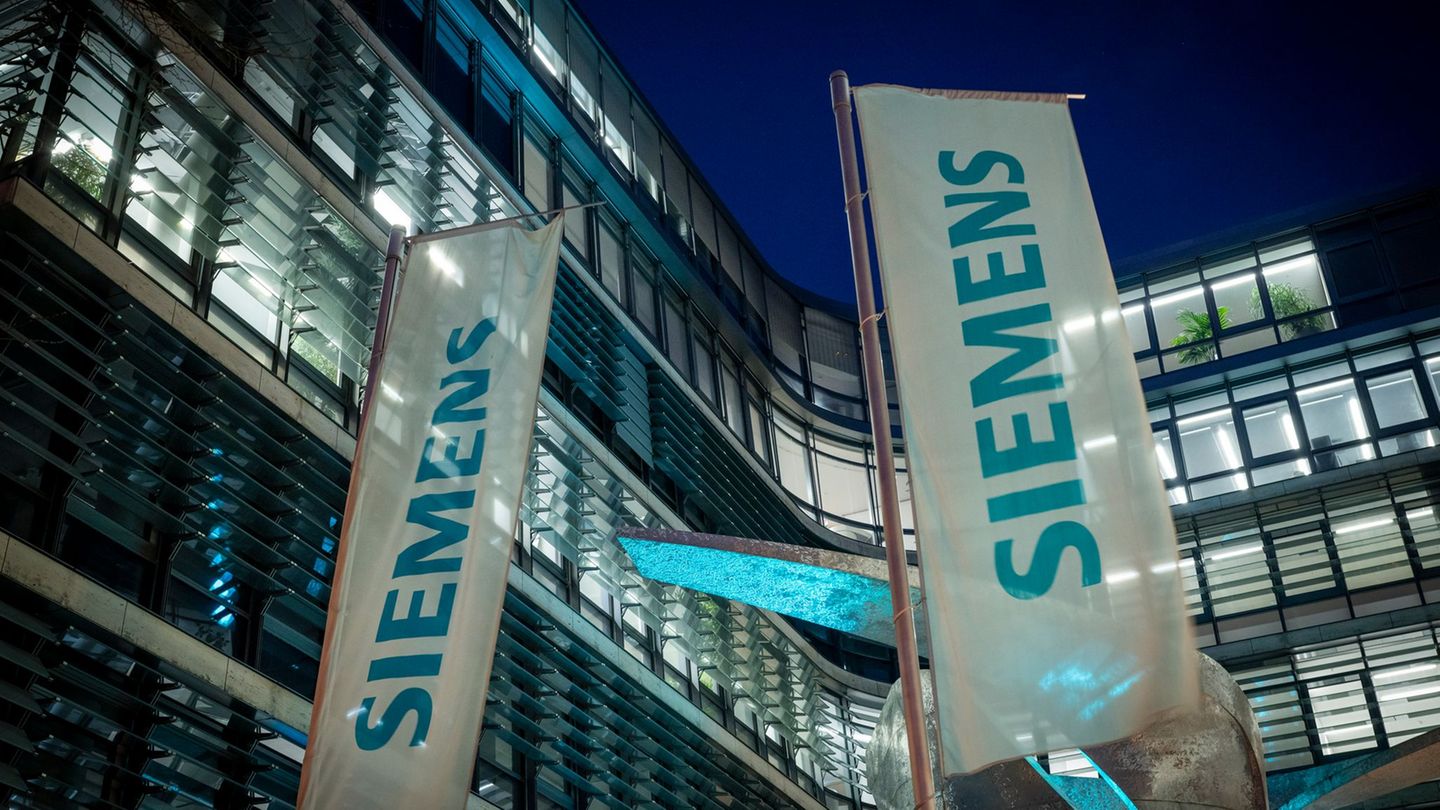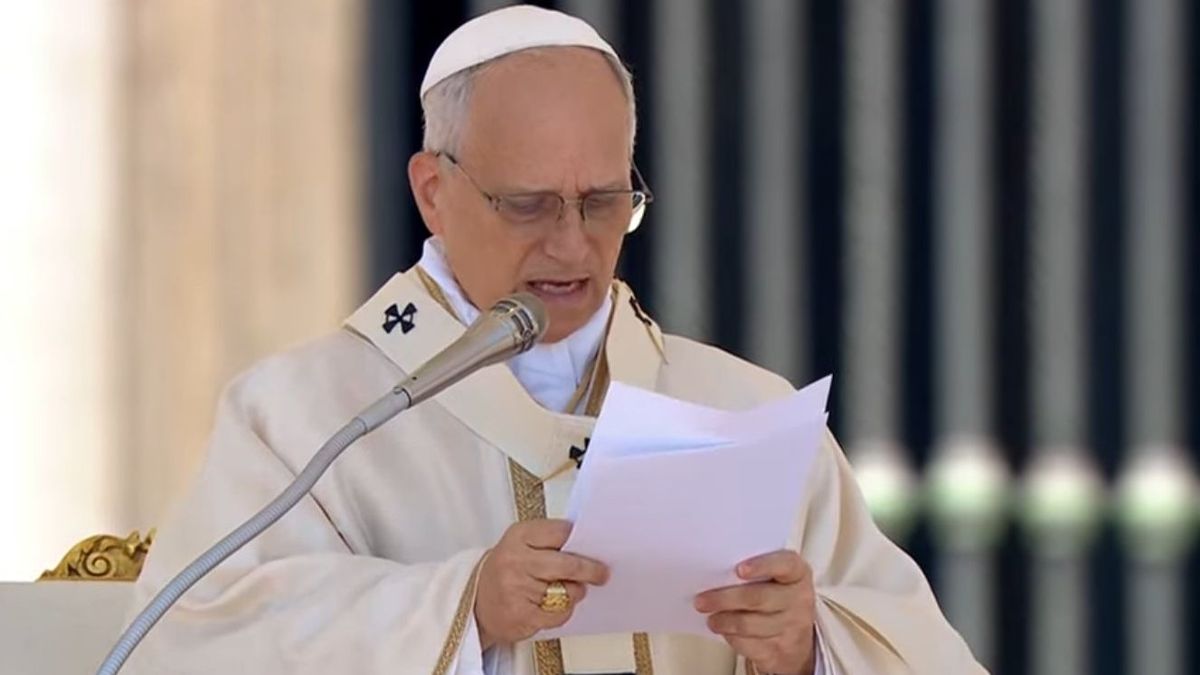Six weeks before the citizens are called to the polls, there is no longer a clear favorite in the opinion polls. Several different government alliances are conceivable.
The election is about the successor to Chancellor Angela Merkel (CDU), who will not run again after almost 16 years in office. According to the surveys, it is by no means certain that the Chancellery will remain in the hands of the Christian Democrats, who have appointed the head of government in 52 of the 72 years since the Federal Republic of Germany was founded in 1949.
CDU / CSU falls behind
In a recent Forsa survey, the CDU and its Christian social, Bavarian sister party CSU, currently the strongest force in the country, fell to 23 percent. In a weekly comparison, this means a loss of three, and since mid-July even seven percentage points.
Greens just behind Union
As in most other surveys, the Greens remain second strongest, ahead of the Social Democrats (SPD), the Liberals (FDP), the right-wing populist AfD (Alternative for Germany) and the Die Linke party. In the future national parliament, the Bundestag, at least three parties would have to unite in order to achieve a majority.
The current black-red coalition of CDU / CSU and SPD, which was previously called the “Grand Coalition”, has not had a majority for a long time. According to the Forsa figures, a “Jamaica” coalition (black-yellow-green) from CDU / CSU, FDP and Greens would be possible, a “traffic light” from Greens, SPD and FDP, a combination of CDU / CSU, SPD and FDP or a left alliance of the Greens, SPD and the Left.
Olaf Scholz most popular, but the SPD is weak
For a long time it looked in Germany that no government would be possible without the Union (CDU / CSU). If the survey trend has its way, it is no longer so certain. If you believe the pollsters, then the Union has a problem with its candidate for chancellor, the CDU chairman and North Rhine-Westphalian Prime Minister Armin Laschet.
If the head of government in Germany were to be elected directly, then, according to an Insa poll from last week, 27 percent of voters would choose the SPD’s top candidate, Finance Minister Olaf Scholz. Laschet came to 14 percent and the Greens boss Annalena Baerbock to 13 percent. 36 percent of those surveyed stated that they did not want to vote for any of the three.
In Germany, as in Austria, the Chancellor is of course not elected directly, but by the new Bundestag. Only the CDU / CSU, the SPD and the Greens have put up candidates for chancellor. In the Union camp on April 20, Laschet prevailed against the CSU boss and Bavarian Prime Minister Markus Söder. The latter was much more popular in the polls, but the governing bodies of the larger of the two sister parties turned out to be stronger. The CSU only competes in Bavaria, the CDU in the rest of Germany.
In the Union there has already been resentment about an overly passive election campaign, Söder called for more aggressiveness. Laschet promised that the election campaign would pick up speed in the coming weeks, but first priority would be to help the victims of the recent flood disaster. As a crisis manager after the severe floods, especially in his own state of North Rhine-Westphalia, Laschet did not always look happy. During a visit to the village of Swisttal in the disaster area, he was booed by residents.
In the newspaper “Bild am Sonntag” Laschet said that he was betting on an election campaign that would make the differences between the parties clearly visible. He spoke of a “historic choice”.
A Chancellor Laschet as the successor to his party colleague Merkel would probably stand most strongly for continuity in Europe’s largest economy. When it comes to the major foreign and European policy issues, there are no major differences among most of the other parties either. The left, however, is resisting military operations abroad, which should make it more difficult for a green-red-red coalition to come about if it comes to an arithmetical majority.
The Greens, the SPD and the Left want to ask the rich in Germany to pay more with a higher income tax and to introduce a wealth tax. The liberals oppose any tax increase and promise relief to the citizens. The Greens want an environment ministry with the right to veto bills that are not compliant with the 2015 Paris Climate Agreement. In addition, the eco party wants to introduce a speed limit of 130 kilometers per hour on German motorways as soon as possible. The coalition negotiations would then decide whether or not they can enforce this.




